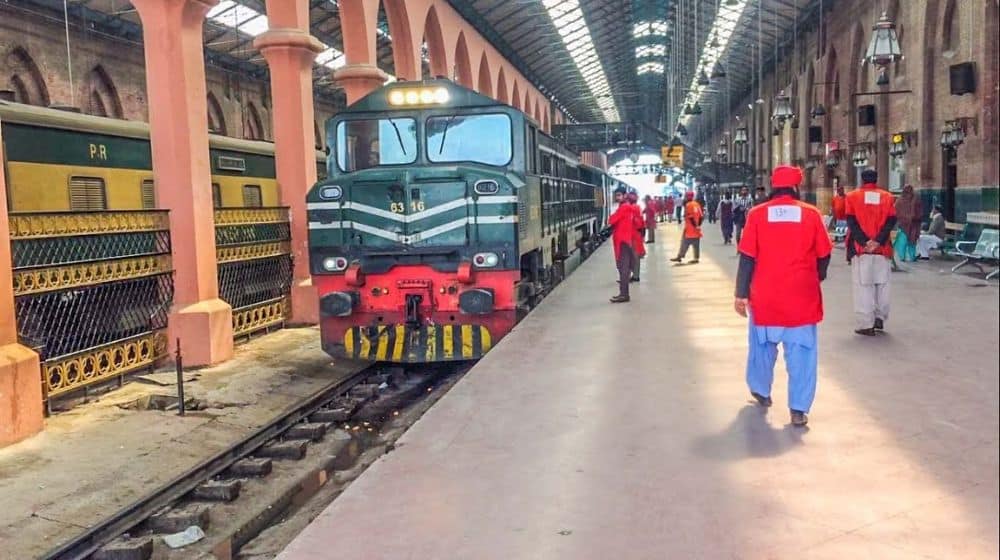Commuters faced yet another blow on Thursday as transport fares experienced their third increase within a month.
Pakistan Railways initiated the latest round of fare hikes by raising cargo goods rates, including parcels and motorcycles, by five percent. Meanwhile, the metro bus ticket costs between Islamabad and Rawalpindi surged from Rs. 30 to Rs. 50, with the fare to New Islamabad Airport climbing from Rs. 50 to Rs. 90. Although the increase has been approved, the official notification is expected next week, at which point the new fares will be enforced.
Public transport within and around the city has elevated stop-to-stop fares to Rs. 60. Longer routes have also witnessed fare increases, with the Raja Bazar to Soan Camp fare rising by Rs. 100. The new fare from Rawalpindi to Islamabad will be Rs. 130, and the Faizabad to Secretariat fare has jumped to Rs. 100. Minimum fares for intercity travel have also surged by Rs. 200.
This surge in transportation costs is the third within a month. On August 15, railways increased fares by 10 percent in response to escalating fuel prices, and on September 1, fares rose by five to eight percent due to further hikes in petroleum product prices.
As a result, Pakistan Railways has imposed restrictions on passengers, preventing them from carrying birds, chickens, or bags exceeding 20 kg in the trains. Passengers can now transport these items by paying separate cargo booking fees.
The economic implications of the fare hikes are evident across various services. The cost of a Tezgam train ticket from Rawalpindi to Karachi in the economy class has surged to Rs. 3,350, while business class now costs Rs. 7,600 and AC Sleeper class fares have reached Rs. 11,000. The rise in cargo fares for railways has made them nearly as expensive as road transport.
The increased petrol prices have also impacted motorcycle-hailing services like Bykea, causing fares to almost double for the same distances, frustrating users. Additionally, goods transportation delivery charges to inner-city shops, including groceries, plumbing, furniture, vegetables, and fruits, have surged by 40 to 50 percent.
Despite the growing burden on commuters, the Regional Transport Authority (RTA) has not yet addressed the recent spike in transport fares, leaving many to grapple with the escalating travel costs.





















